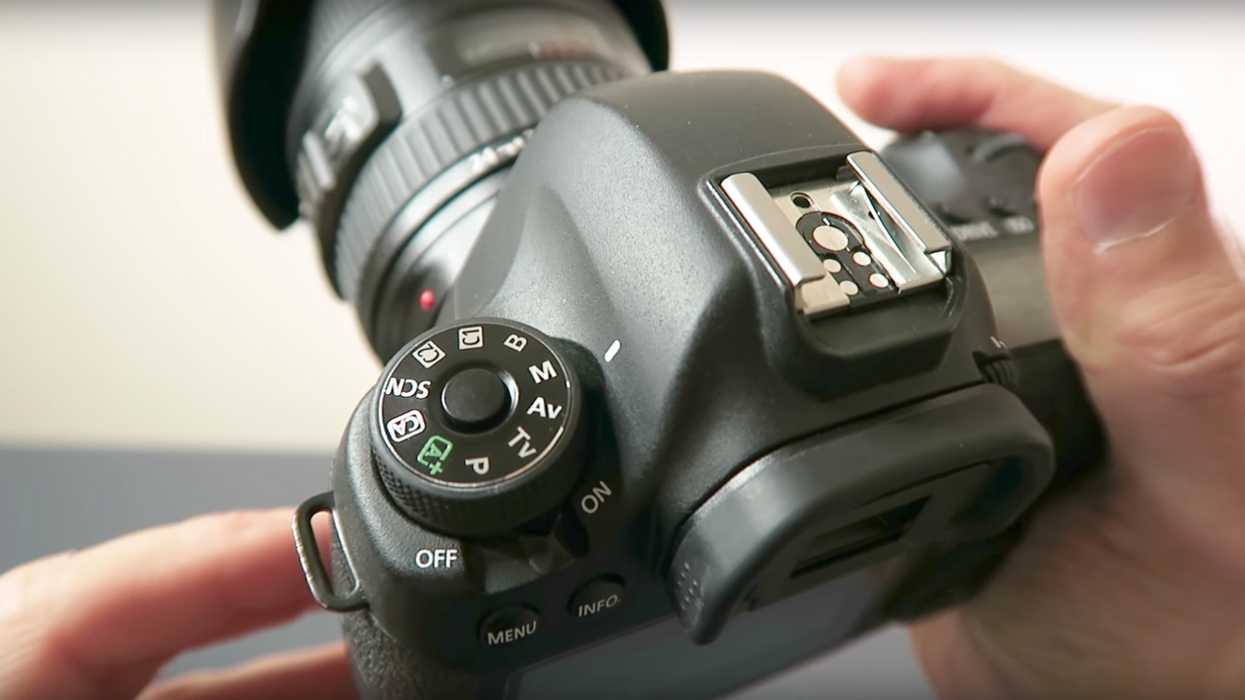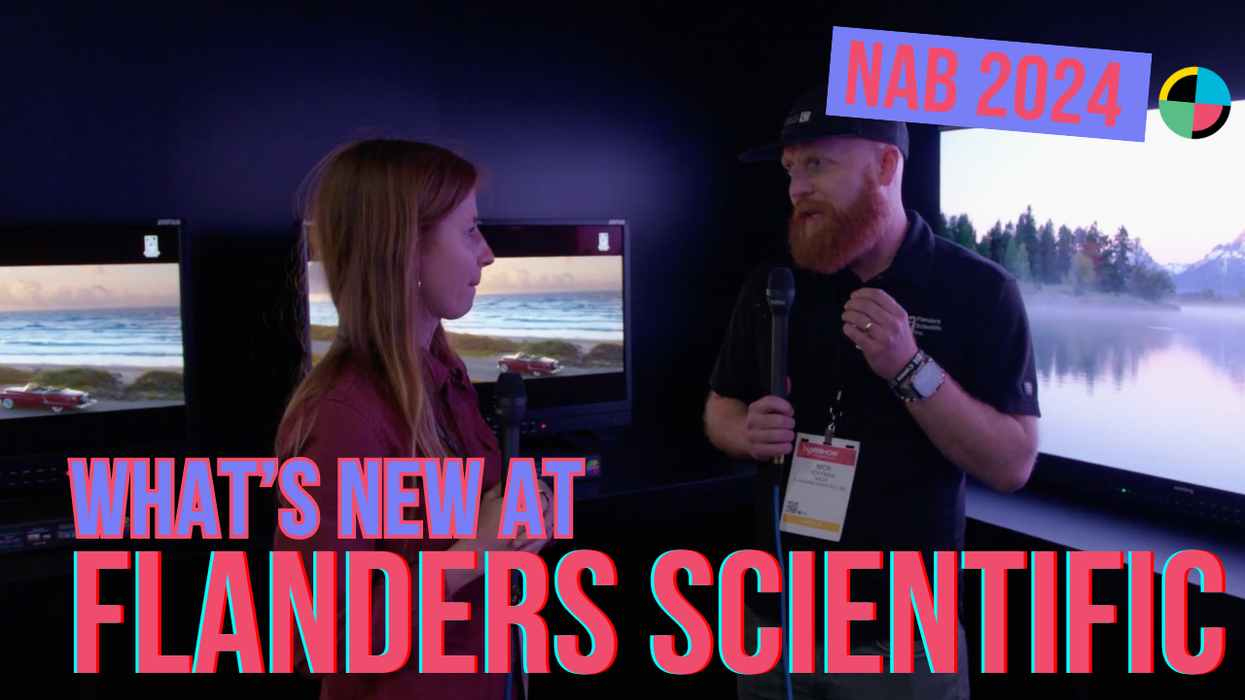Watch: Quick Tips for Creating Better Films and Videos
You want to become a better filmmaker, but where do you start?

We all want to make better films and videos but knowing what to do (or what to do differently) can be difficult if you're just starting out. In this video, Tobias Gleissenberger of Surfaced Studio shares five tips on how to improve several important filmmaking skills, including lighting, camera movement, and adding a subtle color grade to make your projects look more professional and cinematic. Check it out below:
It's all about light
Good lighting is the key to achieving the "film look." If you have poor lighting, your footage is going to turn out dark, grainy, and sloppy, so be sure to get yourself some lights. They don't have to be super expensive—these days even pocket-sized LEDs are powerful and effective enough to light a scene with.
Go manual
It might be tempting to let your camera do all the work when you're not really sure how to handle your camera or expose a shot, but you should really always shoot in manual mode. That means adjusting your settings to fit the needs of your shot, including the shutter speed, ISO, and aperture.
Disable auto white balance
Again, it might be tempting, but don't let your camera make all the decisions. Your camera may white balance incorrectly and leave you with an image that looks blue, green, or some other color you didn't want it to have. Be sure to white balance often, either before every shot or (if you're really careful) every take.
Stabilize
A stabilized camera can give a nice cinematic look to your footage, even if it's just a static shot captured from a tripod. There are tons of camera stabilizers out there to work with, like jibs, gimbals, sliders, and drones. If you're new to filmmaking, a tripod and a slider are great tools to start with.
Go easy on the color correction
I know it's fun to play around with color correction and make your images look super stylized. However, you may want to take it down a notch, since most professional grades tend to be subtle and subdued, adding a bit of style and richness to colors. Keep in mind, though, that there are plenty of films that do go crazy with their grades for dramatic, narrative, and creative effect (Three Kings, Domino, Sin City), so don't shy away from bold color correction but make sure you're doing it with intention.
There are so many other simple things you can do to make your films and videos more professional and cinematic. In fact, apart from lighting, recording good sound would've been #2 on my own list. Share some other simple but effective ways filmmakers can increase the production value of their work down in the comments below.
Source: Surfaced Studio

 No Film School's coverage of
No Film School's coverage of 









